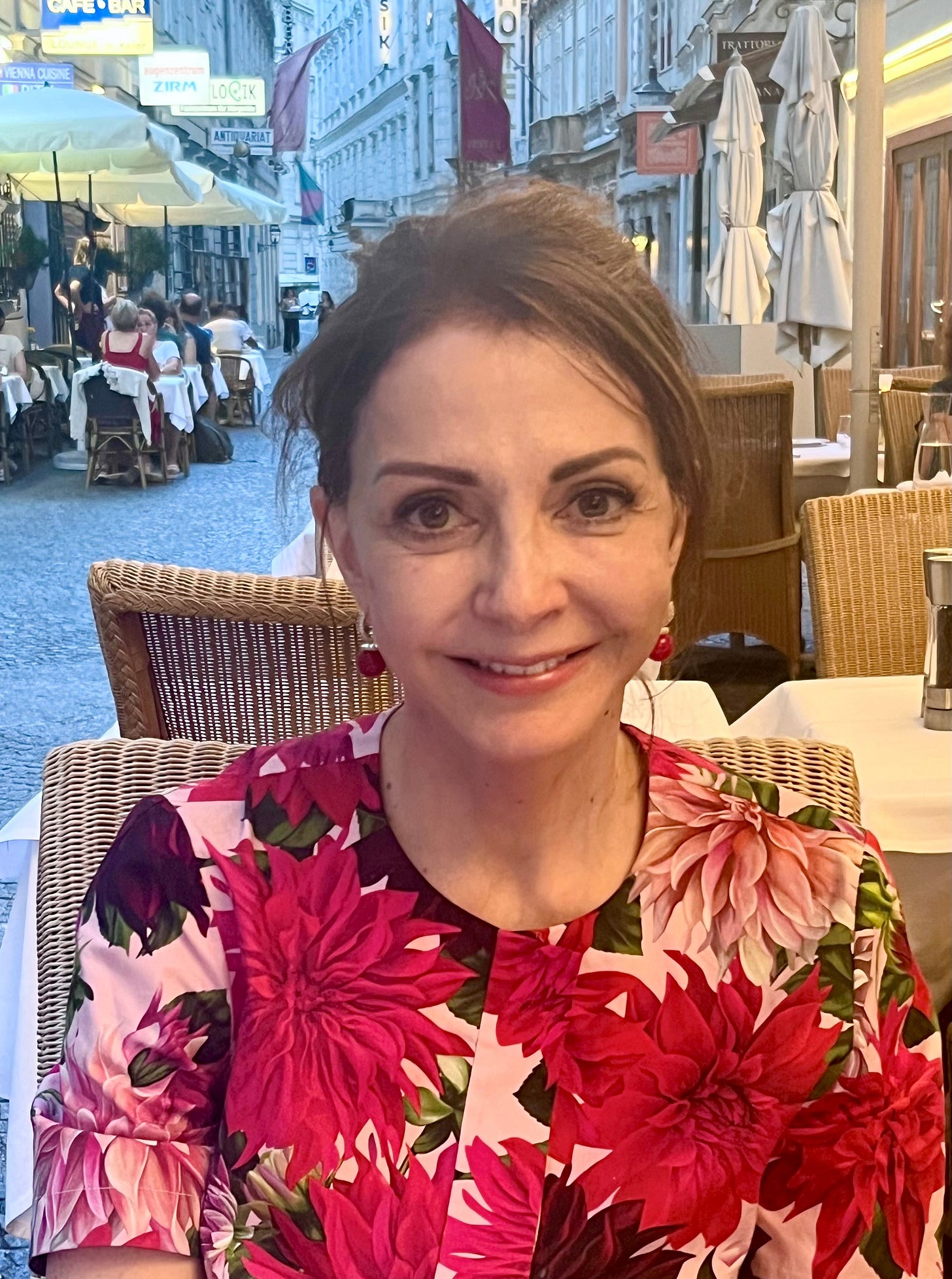Exploring Greek Classics and Chinese Nationalism
An interview with Prof. Shadi Bartsch-Zimmer
Shadi Bartsch-Zimmer is the Helen A. Regenstein Distinguished Service Professor of Classics at the University Chicago. A Guggenheim fellow and a fellow of the British Academy, she has authored and edited some 12 books on antiquity. Her book Persius: A Study in Food, Philosophy, and the Figural received the Charles J. Goodwin Award of Merit in 2016 and …
Keep reading with a 7-day free trial
Subscribe to Plato's Academy Centre Newsletter to keep reading this post and get 7 days of free access to the full post archives.





